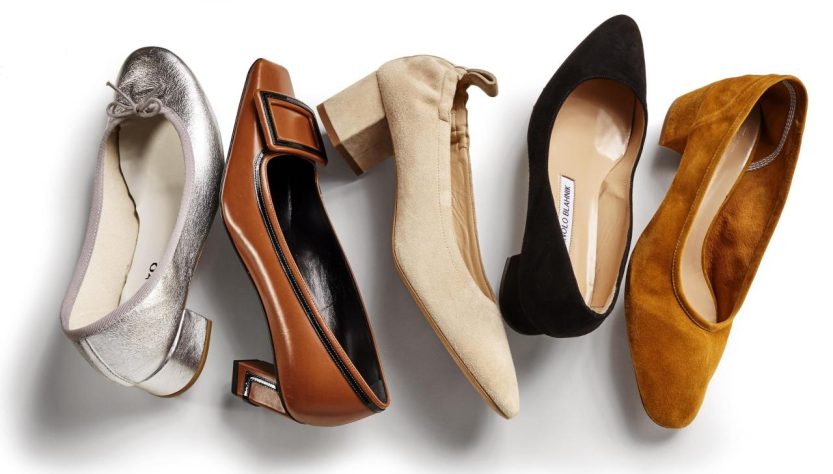High heels, revered for their elegance and style, often exist in a delicate balance between fashion and comfort. The captivating allure of these shoes is complemented by a scientific interplay of design, biomechanics, and materials—a blend aimed at achieving both aesthetic appeal and wearer comfort.
Biomechanics of High Heels
The design of high heels challenges the body’s natural alignment. The raised heel alters the posture by shifting body weight forward, creating an increased load on the forefoot. This adjustment in posture requires the body to adapt, impacting muscles, tendons, and joints.
Pressure Points and Impact
High heels accentuate pressure points on the foot. The forefoot bears the brunt of weight distribution, leading to increased pressure on the metatarsals. This pressure can result in discomfort, calluses, or conditions like metatarsalgia, affecting the wearer’s comfort.
Innovations in Design for Comfort
Advancements in design aim to mitigate discomfort in high heels. Cushioned insoles, arch support, and shock-absorbing materials are integrated to alleviate pressure and improve comfort, offering wearers a reprieve from the strain of elevated footwear.
Heel Height and Stability
The height of the heel affects stability. Higher heels often result in a more significant forward shift in the body’s center of gravity, challenging balance and stability. Lower or thicker heels provide more stability, reducing the strain on the wearer.
Materials and Impact Absorption
The choice of materials in high heels impacts comfort. Flexible materials aid in foot movement, while cushioned footbeds or gel inserts absorb impact, reducing strain on the feet and enhancing overall comfort during wear.
Individual Variations in Comfort
Comfort in high heels is subjective and varies among individuals. Factors such as foot shape, arch height, and muscle strength contribute to how comfortable a particular style of high heel feels for a wearer.
Striking the Balance
Balancing fashion with comfort remains a challenge. The pursuit is to blend style with innovations that prioritize wearer comfort, ensuring that high heels not only look elegant but also provide a wearable and pleasant experience.
Conclusion
The science behind high heels and comfort is an ongoing exploration. Design advancements continue to bridge the gap between style and comfort, aiming to create high heels that embrace both elegance and wearer well-being—a pursuit that underlines the delicate equilibrium between fashion and the biomechanics of comfort.
